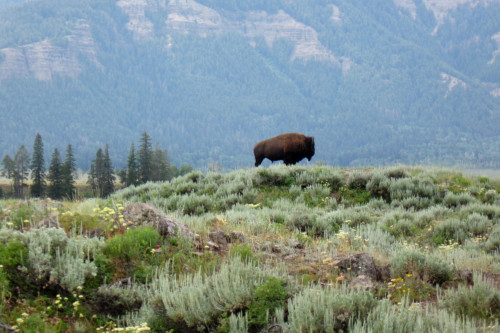The World Bank Looking to Distance Itself From Fossil Fuels
As a new piece in The Conversation reports, the World Bank is officially phasing out its support for fossil fuels– a move that strikes an incongruent chord with the United States’ current position (under the leadership of Donald Trump) to continue moving full-steam ahead in support of coal.
The plan, which broadly outlines World Bank President Jim Yong King’s “Climate Agora”– a marketplace designed to showcase new financing models and innovation for climate action– includes providing concessional funding for Geothermal Energy Production in Indonesia and initiating the West African Coastal Areas Management Program (WACA), with the goal of “crowding-in two billion dollars to tackle coastal erosion, flooding, and climate change adaptation” in this vulnerable part of the world.
“The bank has signaled that the international community is taking the fight against global warming more seriously than ever.”
Taken together along with a handful of other new plans, Kim’s outline reaffirms the World Bank’s position that global warming is a “common concern of humankind” and that the global milieu has a collective need to “respond to the urgent threat of climate change.”
As Jason Kirk, Associate Professor of Political Science and Policy Studies at Elon University and author of The Conversation‘s piece, explains:
“I see this move– which World Bank President Jim Yong Kim announced in December— as significant for two reasons.
The bank has signaled that the international community is taking the fight against global warming more seriously than ever. And it shows that the bank intends to keep playing a leading role in that battle at a time when its most powerful shareholder, the U.S., is turning its back on global environmental leadership.
Kim has been taking the World Bank in a direction that climate change activists and other critics have long advocated by positioning the institution as a global environmental leader since he became its president in 2012.
“In 2013, the bank decided to stop financing the construction of coal-fired power plants, except in cases where no viable alternatives existed.
Three years later, the World Bank pledged that it would make 28 percent of all of its transactions by 2020 advance climate action.
The bank’s climate efforts are wide-ranging. It lends money to build solar and wind farms, requires its borrowers to take steps to shrink their carbon footprints, and has a goal of ‘greening the whole financial system.'”
Read the full article here, via The Conversation.
Interested in learning more about how you can support clean energy in your community? Consider donating to an environmental nonprofit, or check out these 5 transformative, educational documentaries.



































